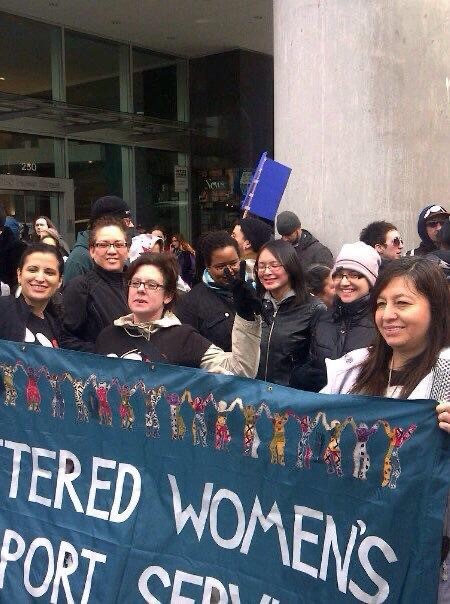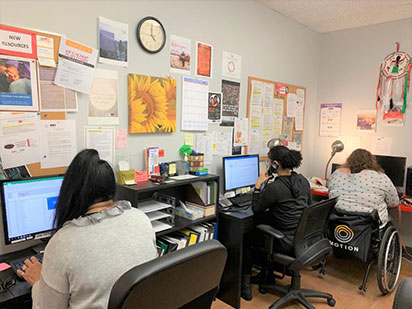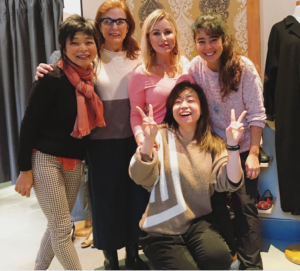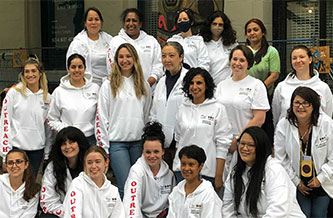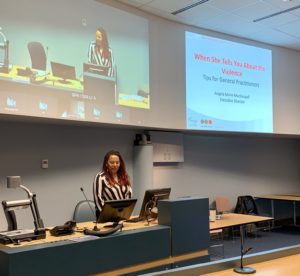On the frontline since 1979.
Battered Women’s Support Services provides education, advocacy, and support services to assist all victims and survivors in our aim to work towards the elimination of gender-based violence and to work from a feminist perspective that promotes gender equity.
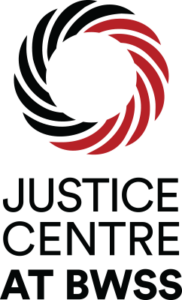
Enhanced legal supports and education that help survivors navigate complex legal systems and bridge a gap in services that is often insurmountable without support.
Community Engagement
Battered Women’s Support services provides many opportunities for you to work with us.
If you believe that all gender based violence must end, then check out our violence prevention opportunities for allies.
Support for survivors and victims of gender based violence
You have the right to be safe and free from violence.
Anyone who has experienced gender based violence, abuse in an intimate relationship, childhood sexual abuse or adult sexual assault may access our services.
Research and Policy
We provide critical data, research, and policy analytics to grassroots and community-based organizing campaigns.
This strengthens our impact by mobilizing community-based experiences and evidence-informed resources from an intersectional, anti-oppressive, feminist and critical race theory, analysis, and practice.
Special Projects and Initiatives
Battered Women’s Support Services hosts and produces special projects and grassroots collaborations that include research & policy analysis, strategic interventions, advertising campaigns, conferences, and more.
My Sister’s Closet
A Social Enterprise of BWSS
We are solid members of the zero waste, eco fashion, and the thrift movement. 100 percent of revenue generated from sales help fund the violence prevention and intervention services and programs operated by BWSS.
Professional Training & Presentations
Since 1979 BWSS has developed curriculum and delivered training workshops based on an empowerment model.
Our curriculum is grounded in theoretical foundations, current research, practical skills.
women died in Canada due to gender-based violence in 2021
%
were killed in their own home or the home they shared with the accused
%
Canadian girls have been harassed or abused online
BWSS had 94,736 requests service from March 1, 2020 – March 31, 2022
With your help we responded to 94,736 requests for service
More than a third of all women, girls, and gender-diverse folks worldwide will experience physical or sexual violence in their lifetime.
We are working to change that.
End Violence with Your Inbox
Sign up to receive updates as together we take action to end violence against women and girls.
Ending Violence Blog
Our advocacy work extends to our award winning Ending Violence Blog where we provide resources and information to end gender based violence.
How to Identify Post-Separation Abuse Tactics and Protect Yourself
The road to safety can look differently and for many survivors of domestic, intimate partner and/or sexualized violence, escaping by leaving the relationship unfortunately doesn’t necessarily mean they are automatically safe from future violence an ex-partner who has...
Fashion Justice.
As we are in Prevention of Violence Against Women Week, it's crucial to acknowledge another significant movement happening concurrently – Fashion Revolution Week. This annual global campaign, slated from April 15th to April 24th, is not just about style; it's a call...
45 Years of Fighting for Justice
As you know, the fight for justice is not an easy road. So, as we begin our 45th year on the frontline, we stand alongside community members and supporters, combined with the hard work of our volunteers and staff, working together to make justice for survivors and victims possible.

